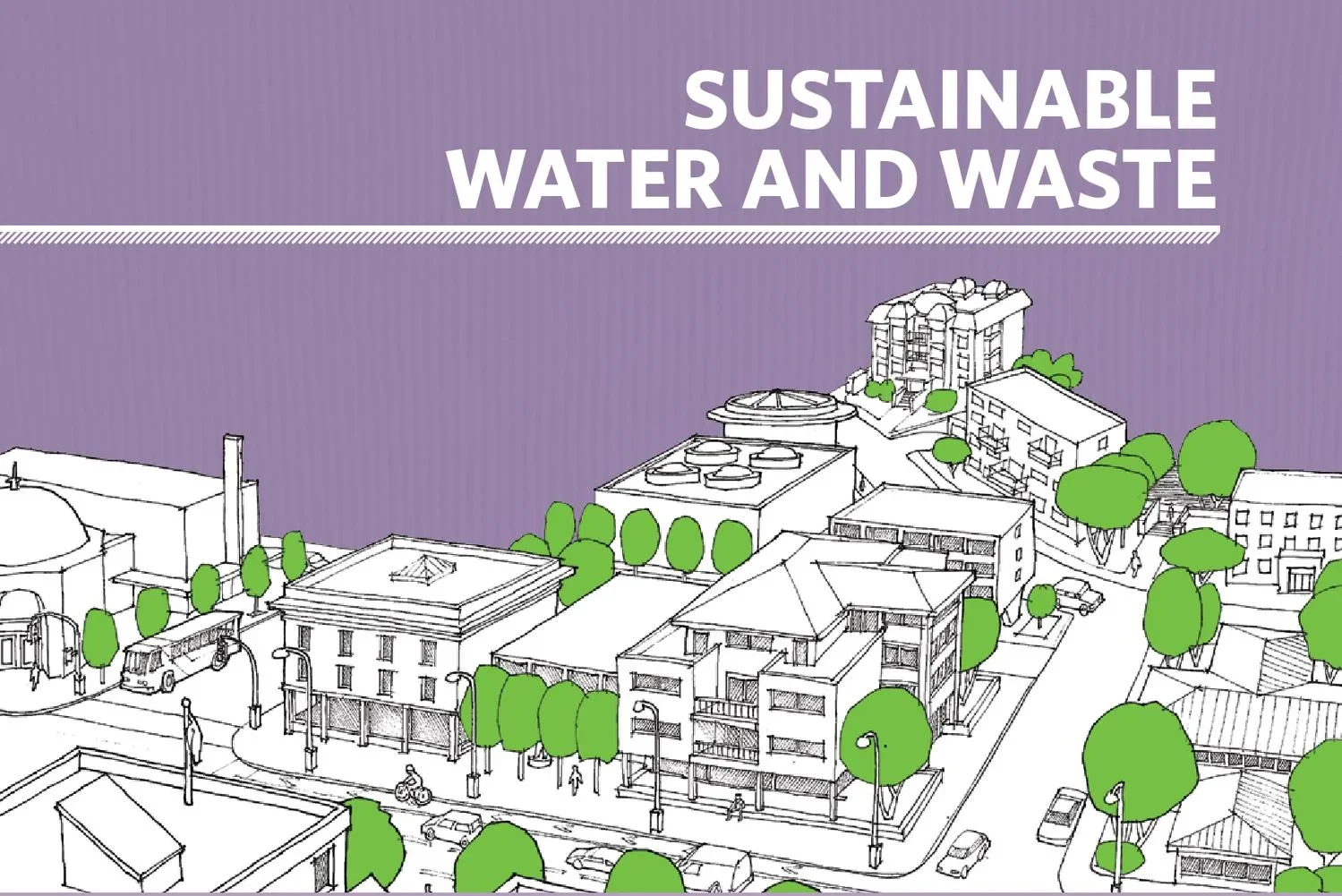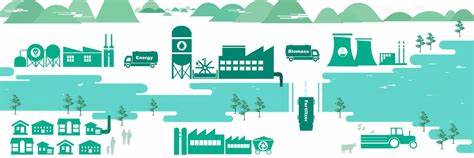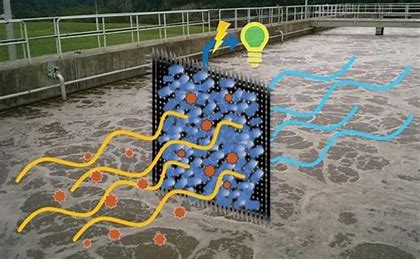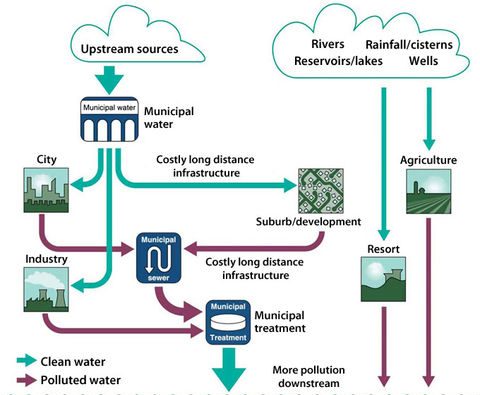
The Intersection of Wastewater Treatment and Environmental Conservation: Protecting Water Quality and Ecosystem Health
Introduction
Wastewater treatment and environmental conservation are two crucial aspects that intersect to ensure the protection of water quality and ecosystem health. This article aims to provide an in-depth understanding of this intersection, its historical background, key concepts, main discussion points, case studies, current trends, challenges, future outlook, and the significance of continued efforts in wastewater treatment and environmental conservation.
Historical Background
Wastewater treatment has evolved over time, beginning with primitive methods and gradually advancing to more sophisticated processes. Simultaneously, environmental conservation practices have developed, recognizing the importance of protecting natural resources, including water bodies. The relationship between wastewater treatment and environmental conservation has grown stronger as societies realize the impact of untreated wastewater on ecosystems and water quality.
Key Concepts and Definitions
Wastewater treatment refers to the process of removing pollutants and contaminants from domestic, industrial, and agricultural wastewater before its discharge into the environment. Environmental conservation aims to preserve and protect ecosystems and natural resources, ensuring their sustainable use for future generations. Integral to understanding the significance of wastewater treatment and environmental conservation are terms like water pollution, ecosystem services, and sustainable development.

Main Discussion Points
The environmental impact of wastewater discharge cannot be ignored. Untreated or poorly treated wastewater can pollute water bodies, leading to adverse effects on aquatic life and biodiversity. Regulating wastewater discharge plays a crucial role in safeguarding water quality and biodiversity. Wastewater treatment plants serve as vital facilities that remove pollutants and protect water resources. Additionally, treated wastewater can be reused, offering numerous benefits for environmental conservation.
Innovative approaches in wastewater treatment have further enhanced environmental conservation efforts. Emerging technologies and methods aim to improve the efficiency and sustainability of wastewater treatment. Natural treatment systems and energy recovery from wastewater are notable examples that contribute to environmental conservation and resource management.

Case Studies or Examples
Real-world examples and case studies highlight successful intersections of wastewater treatment and environmental conservation. These examples demonstrate the positive outcomes achieved through effective wastewater treatment practices. By analyzing these case studies, valuable lessons can be learned and applied in future wastewater treatment and environmental conservation initiatives.
Current Trends or Developments
Recent trends and developments in wastewater treatment and environmental conservation have advanced the field. Ongoing research findings and innovative practices have significantly enhanced the intersection of these two areas. These developments strive to improve efficiency, sustainability, and environmental outcomes in wastewater treatment processes.
Challenges or Controversies
Implementing wastewater treatment for environmental conservation faces various challenges, including limited resources and inadequate infrastructure. Overcoming these challenges requires significant investments and policy interventions. Additionally, controversies and differing viewpoints regarding the best approaches to wastewater treatment and environmental conservation also impact decision-making processes.

Future Outlook
The intersection of wastewater treatment and environmental conservation holds immense potential for the future. Advancements in technology, changes in policies, and increased awareness about sustainability will further promote environmental conservation and the protection of water resources. Continued efforts in wastewater treatment and environmental conservation are essential to ensure a sustainable future for generations to come.
Conclusion
In conclusion, the intersection of wastewater treatment and environmental conservation plays a crucial role in protecting water quality and ecosystem health. This article provided insights into the historical background, key concepts, main discussion points, case studies, current trends, challenges, and future outlook of this intersection. Continued efforts in wastewater treatment and environmental conservation are vital to preserve natural resources and promote sustainability.




